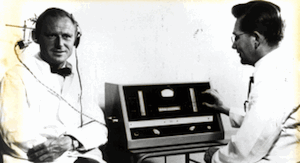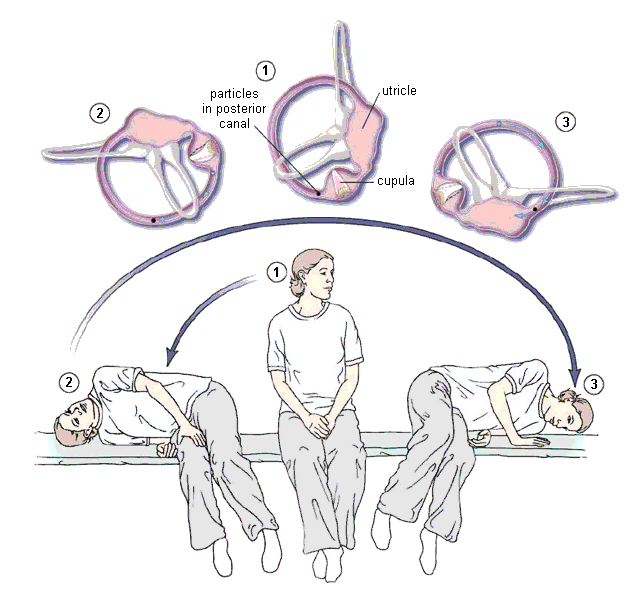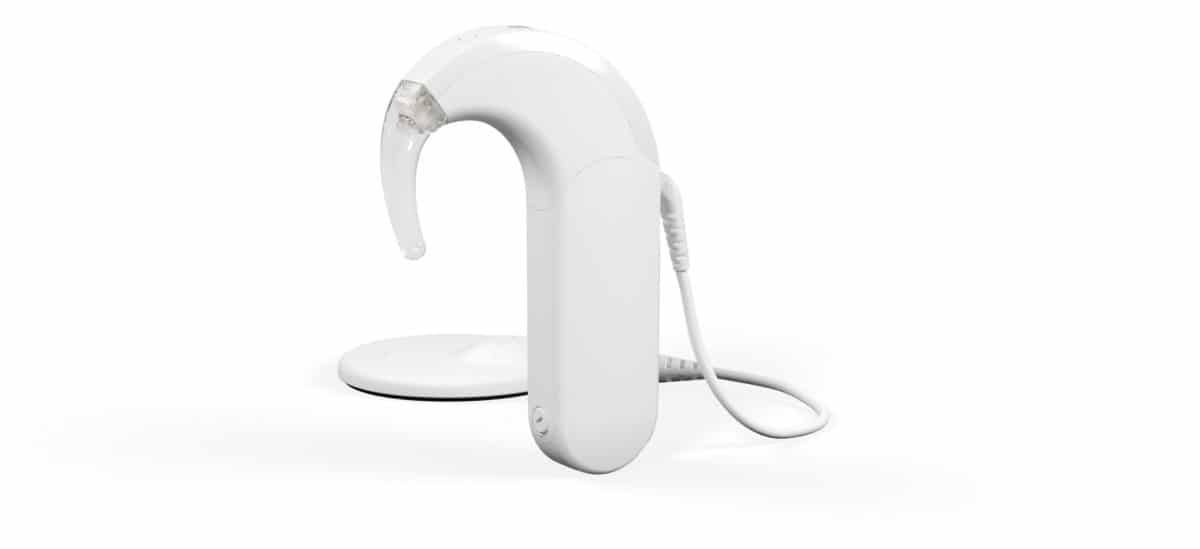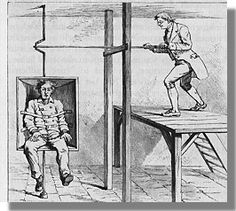Jul. 07, 2015
A June 7 article Finding the Right Balance by Alex Hutchinson in the New York Times Review section offered up an interesting perspective on balance training, and cited some evidence to support it. I always welcome attention to balance and vestibular issues, and this article reliably (if not predictably) covered the often heard statistics about the frequency and consequences













